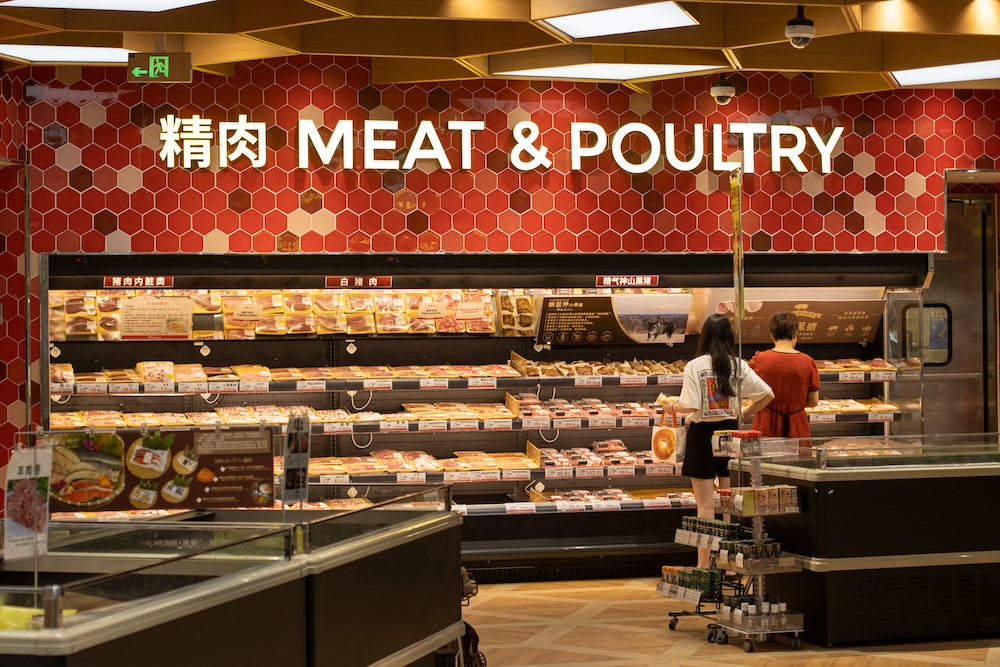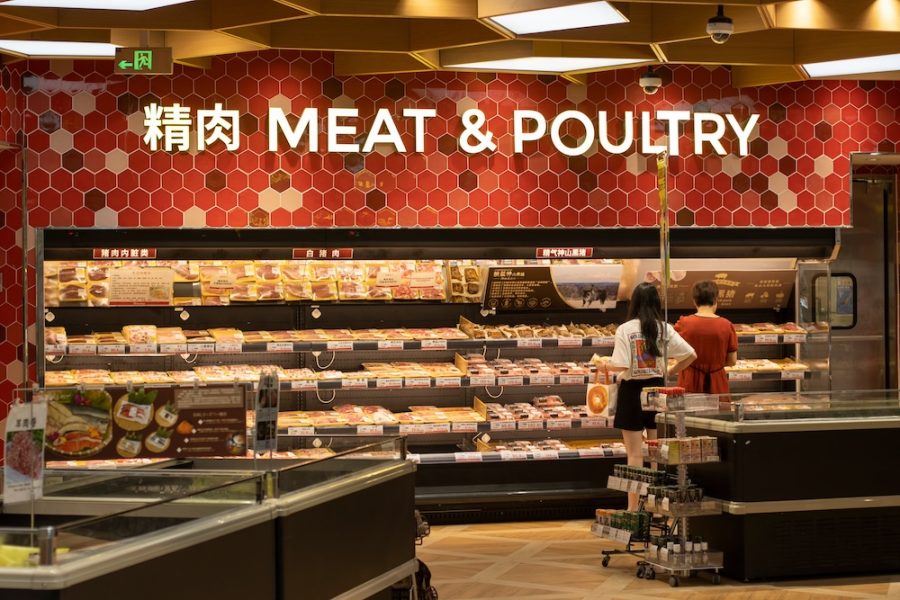The Brazilian government has announced the addition of 38 meat plants now cleared to sell products in China, a change it expects to generate up to 10 billion reals (US$2 billion) over the next 12 months.
The facilities covered by the new licences include 24 cattle slaughterhouses, eight chicken slaughterhouses, one beef processing unit and five chicken, pork and beef warehouses, bringing the total number of facilities to 146.
Underscoring the economic significance of the new licences, the inaugural shipment of meat from a newly certified facility in Campo Grande, capital of Mato Grosso do Sul state, was attended by Brazilian President Luiz Inácio Lula da Silva.
[See more: China ends anti-dumping duties on Brazilian poultry]
Meat processing in Brazil is on the rise. Already home to some of the world’s largest meat companies, like JBS, the South American giant processed a record volume of chicken and hogs last year, as well as its second-highest volume of cattle.
Much of that volume goes to China, the top destination for Brazilian beef, pork and poultry. According to government statistics, China imported 2.2 million tons of meat worth over US$8.2 billion in 2023.
The new licences come on the heels of China’s decision not to renew anti-dumping tariffs for Brazilian poultry. While exceptions to the tariffs allowed significant volumes of poultry to still be imported, the change is expected to be a boon to Brazilian poultry producers, many of whom faced tariffs of up to 34.2 percent under the old regime.






